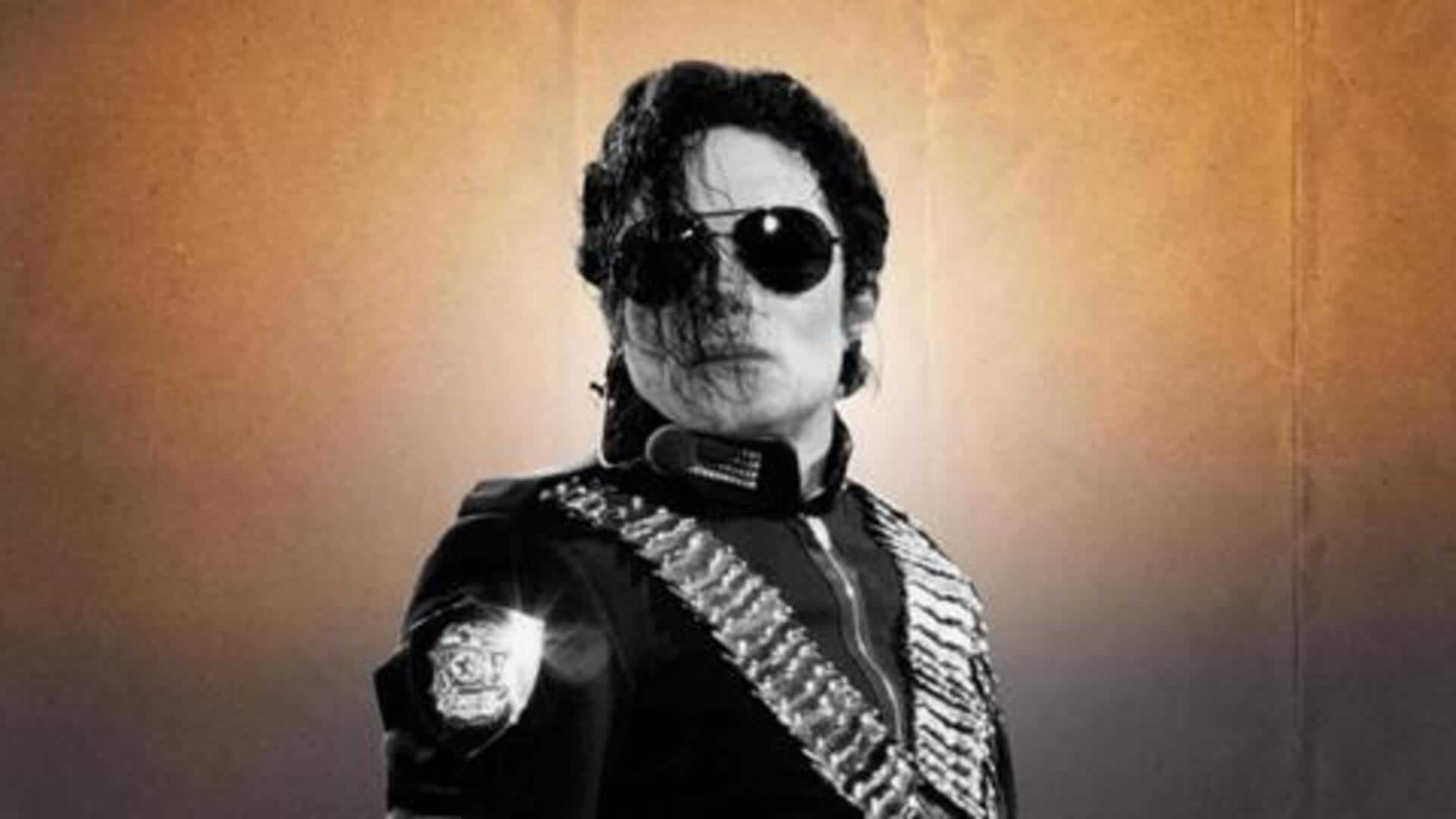
Why Michael Jackson still shapes music, fashion & activism
What's the story
Michael Jackson, the King of Pop, became a cultural icon in America through his groundbreaking music, innovative dance moves, and unique style. His influence extended beyond music into fashion and social issues, making him a significant figure in American culture. Here's looking at the key factors that contributed to his iconic status, and how he left an indelible mark on the entertainment industry.
Music video impact
'Thriller' revolutionized music videos
The release of Thriller in 1982 was a game changer for music videos. It wasn't just a song but a whole visual spectacle that enthralled audiences around the globe. The video raised the bar for production value and storytelling in music videos, making MTV a household name. Its success proved the strength of merging music with cinematic touch, inspiring innumerable artists and defining the future of music videos.
Dance innovation
Signature dance moves captivated audiences
Just like his music, Jackson's dance moves were equally iconic. The moonwalk, which he first performed during a televised performance in 1983, became synonymous with his name. His skill to mix different styles of dancing made for mesmerizing performances that left audiences across the globe in awe. Not only were the moves entertaining, but they also reflected his dedication to perfecting his craft, inspiring many dancers and performers.
Fashion influence
Fashion statements redefined style
Jackson's bold and distinctive fashion choices were trend-setting throughout the 1980s and beyond. From sequined gloves to military-style jackets, his wardrobe choices became iconic symbols associated with him. These fashion statements inspired designers and fans alike, adding to his image as a trendsetter who wasn't afraid to push boundaries in style.
Social impact
Social messages through music
Beyond entertainment, Jackson used his platform to address social issues through songs like Man in the Mirror and Black or White. These tracks highlighted themes of self-reflection and racial harmony at times when such topics were crucially relevant. By incorporating meaningful messages into popular songs, he reached diverse audiences while encouraging positive change within society.